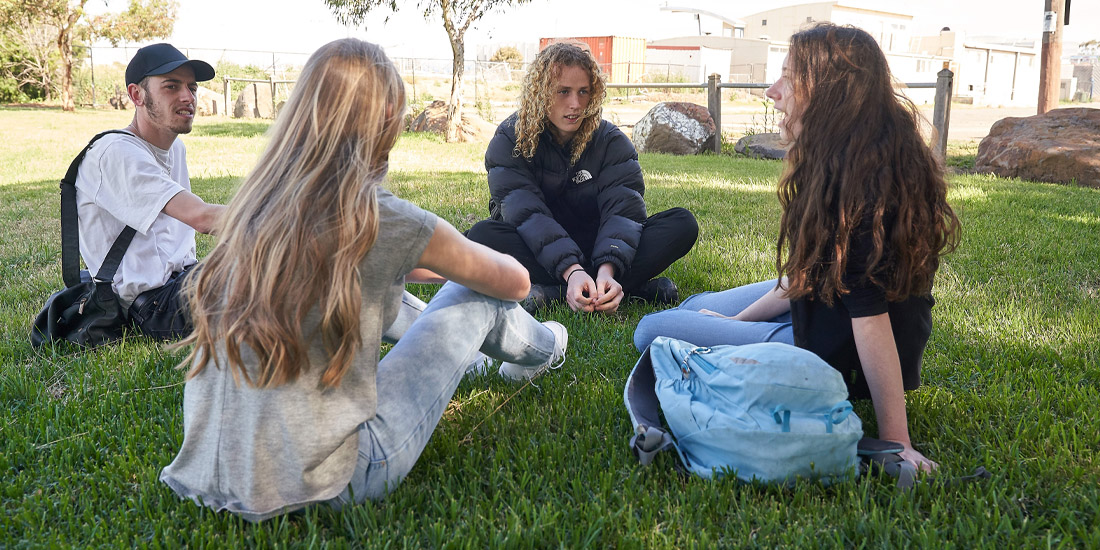
A new study has found that early intervention is effective for young people with borderline personality disorder (BPD) and that it does not require specialist psychotherapy – making early intervention more accessible for the 3 per cent of young people in the community who live with BPD.
The study, by researchers at Orygen, Australia’s centre of excellence in youth mental health, evaluated the effectiveness of three forms of early intervention for BPD of differing levels of complexity.
BPD affects how people manage their emotions and impulses, relate to people and maintain a stable self-image. BPD usually emerges between puberty and young adulthood.
Professor Andrew Chanen, who led the study and is Orygen’s director of clinical programs and services, said current treatments for BPD tended to be technically complex but that it is unclear whether a more complex treatment is more effective.
The study team evaluated three treatments delivered to 139 young people with BPD aged 15-25 who accessed treatment through Orygen’s specialist mental health service or its headspace centre in the Melbourne suburb of Sunshine. The results are published today by the Journal of the American Medical Association Psychiatry.
“This is a common problem, so we really needed to develop a treatment that was going to be effective and scalable to the size of the problem,” Professor Chanen said. “So we compared three early intervention models with different levels of complexity.”
The three interventions evaluated were:
- Orygen’s dedicated youth BPD model called Helping Young People Early (HYPE), combined with weekly individual psychotherapy (Cognitive Analytic Therapy)
- HYPE combined with weekly befriending*
- a general Youth Mental Health Service (YMHS) model, delivered at headspace Sunshine, combined with weekly befriending.
“We found that early intervention for young people with BPD is effective and did not require specialist psychotherapy but did require clinical case management and psychiatric care,” Professor Chanen said.
“The simpler treatment (the youth mental health service mode combined with befriending) actually made a substantial difference to the lives of young people with BPD. Their daily functioning and interpersonal problems improved, their BPD features improved, and their suicidal thoughts, self-harm, suicide attempts and depression all reduced substantially.”
“That's pretty good news for scaling up a treatment to meet the demand in the community, Professor Chanen said.
“Most clinicians already have skills in clinical case management and general psychiatric care, these are the primary skills that are needed for early intervention in BPD, along with a way of managing the ups and downs of the relationship with the young person.
“Families and young people should demand early intervention services from both headspace and from state-based mental health services. Not having staff trained in a particular psychotherapy should no longer be a barrier to accessing care for young people with this severe and disabling mental health problem.”
The project was funded by The National Health and Medical Research Council (NHMRC).
Orygen researchers acknowledge the young people and families who participated in the study, and also the collaboration of Orygen’s headspace centre in Sunshine and clinical teams.
*Befriending involves talking about neutral topics of interest to the young person, such as sport, music, social and vocational activities while avoiding or redirecting the young person from emotionally-loaded topics such as symptoms or interpersonal problems.